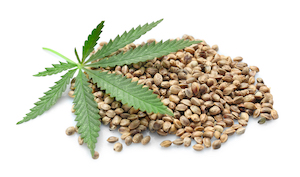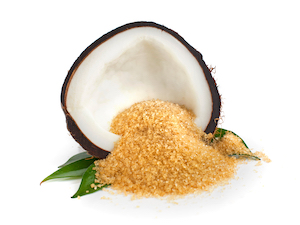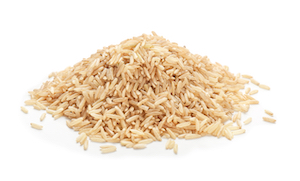Combinatie van natuurlijke plantaardige eiwitten van erwten, hennep en rijst met een subtiele vanillesmaak. Deze Protein bevat een volledig spectrum van essentiële aminozuren*. Een bron van hoogwaardige proteïne, ideaal voor vegetariërs en veganisten!
Allergenen: kan sporen van noten bevatten.
| Voedingswaarden | per 100 g | per 30 g | *% in 30 g |
|---|---|---|---|
| Energie | 1602 kJ/383 kcal | 481 kJ/115 kcal | |
| Vet | 8,6 g | 2,6 g | |
| - waarvan verzadigd | 1,3 g | 0,4 g | |
| Koolhydraten | 17 g | 5,1 g | |
| - waarvan suikers | 16 g | 4,8 g | |
| Vezels | 24 g | 7,1 g | |
| Eiwit | 59 g | 17,7 g | |
| Zout | 0,44 | 0,13 g | |
| Mangaan | 4,5 mg | 1,4 mg | 68% |
| Zink | 8,7 mg | 2,6 mg | 26% |
| IJzer | 20,4 mg | 6,1 mg | 44% |
*R.I. = Referentie-inname van een gemiddelde volwassene
| Aminozuur | Per 100 g |
|---|---|
| Alanine | 2,68 |
| Arginine | 5,27 |
| Aspartic Acid | 6,69 |
| Cystine | 0,63 |
| Glutamic acid | 10,22 |
| Glycine | 2,57 |
| Histidine | 1,61 |
| Isoleucine | 2,82 |
| Leucine | 4,94 |
| Lysine | 4,25 |
| Methionine | 0,68 |
| Phenylalanine | 3,2 |
| Proline | 2,17 |
| Serine | 3,41 |
| Threonine | 2,17 |
| Tryptophan | 0,55 |
| Tyrosine | 2,12 |
| Valine | 3,21 |




